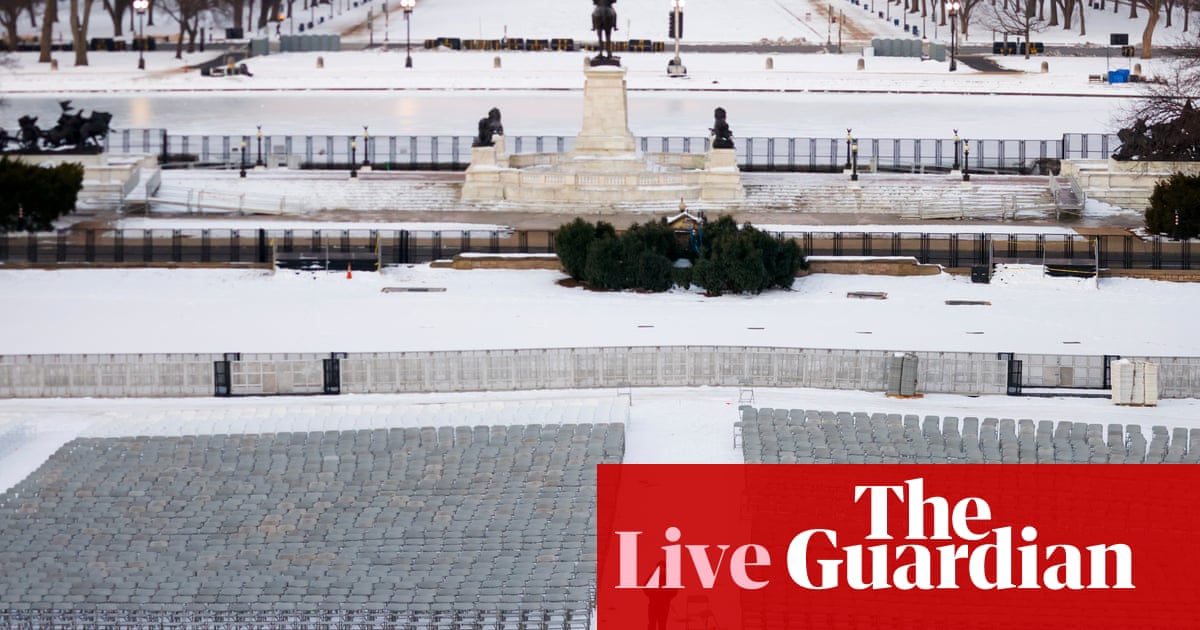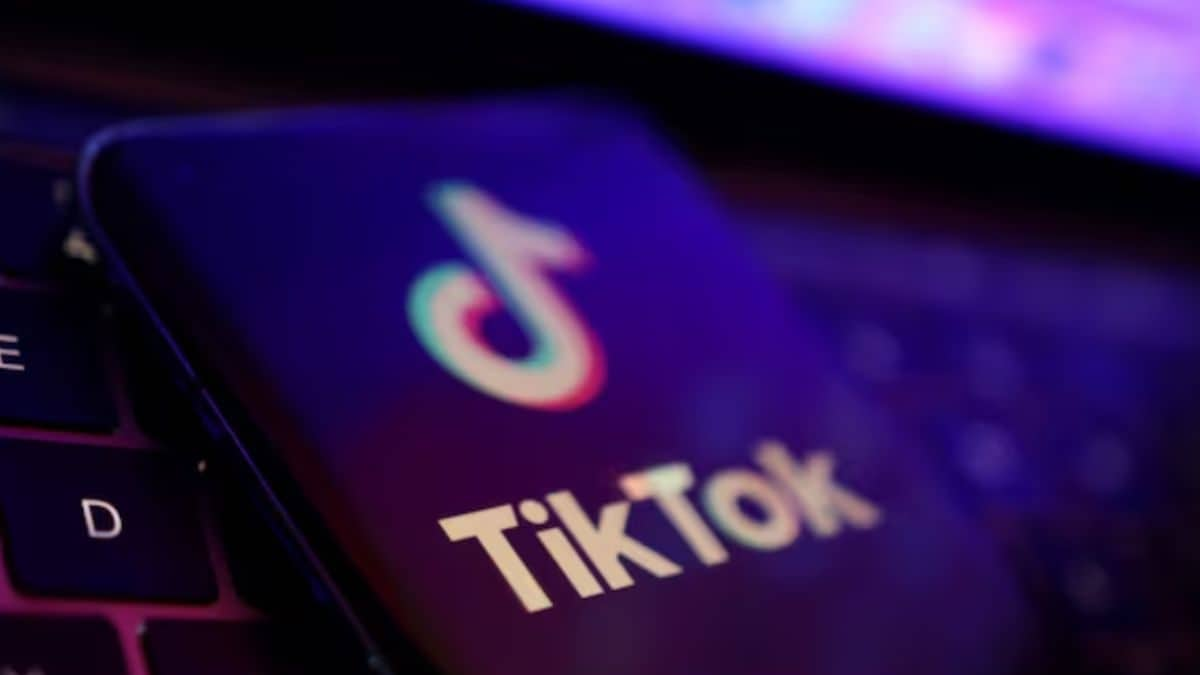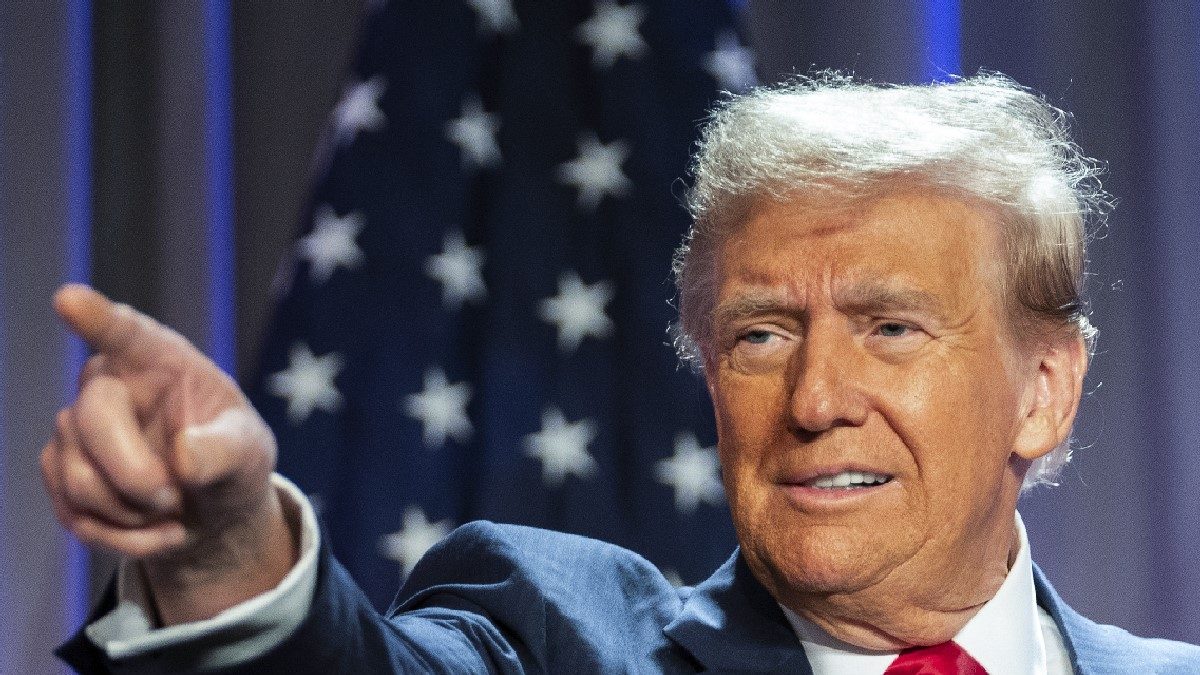The U.S. H-1B visa program undergoes significant reforms, enhancing fairness, easing F-1 transitions, redefining "specialty occupation," and broadening opportunities for diverse professionals, especially Indian tech workers, who dominate the program's issuance.

New H-1B visa rules boost fairness for diverse professionals
The US H-1B visa program undergoes major reforms, improving fairness, easing F-1 transitions, expanding exemptions, and redefining “specialty occupation,” benefiting diverse professionals, particularly tech workers.
January 17, 2025, heralds a whole new beginning for the H-1B visa program in the U.S. The U.S. Department of Homeland Security (DHS) is introducing fundamental reforms that promise to redefine the landscape for foreign professionals, particularly from India, who made up a dominating 72.3% share of the 386,000 H-1B visas issued in 2023.
The revamp aims at modernizing the H-1B program and addresses long-standing issues, coupled with proposing measures to increase fairness, transparency, and efficiency.
The most crucial aspect is the rewording by DHS in the definition of "specialty occupation," one of the H-1B eligibility criteria. Though the requirement for a degree directly related to the job remains unchanged, the interpretation has been enlarged. As such, there needs to be a "logical connection" between the degree and the job duties, which could open doors for professionals with diverse educational backgrounds.
To level the playing field, stricter rules are being implemented to prevent companies from flooding the system with bulk applications. This change aims to give smaller firms and individual applicants a fairer shot at securing visas.
F-1 visa holders looking to switch to H-1B status will face fewer hurdles. Their F-1 status will automatically extend until April 1 of the relevant year while their H-1B application is under review, ensuring continuity in their legal status and work authorization.
The reforms broaden the scope for cap-exempt organizations. Now, nonprofit and government research entities that have research as a "fundamental activity" – even if it's not their primary focus – can qualify for H-1B exemptions. This change could open up more opportunities in the research sector.
The United States Citizenship and Immigration Services (USCIS) stated on its website, “The H-1B final rule modernizes the H-1B program by streamlining the approval process, increasing its flexibility to allow better employers to retain talented workers, and improving the integrity and oversight of the program.”
For Indian techies, who have long been the backbone of the H-1B program, these changes spell good news. The reforms address several pain points that have plagued the system for years:
Reduced Uncertainty: The streamlined processes and clearer definitions should lead to fewer visa denials and smoother renewals. Broader Opportunities: The expanded definition of "specialty occupation" could open doors for professionals with diverse skill sets. Better Work-Life Balance: With the potential for domestic visa renewals on the horizon, the stress of international travel for visa stamping could become a thing of the past. Enhanced Job Security: The flexibility granted to employers in workforce planning could translate to more stable job prospects for visa holders.The H-1B program has been a backbone of U.S. innovation, particularly in tech and healthcare. With these reforms, the program is now poised to play an even more critical role in driving America's economic engine while offering enhanced opportunities for global talent.
Published By:
indiatodayglobal
Published On:
Jan 18, 2025

 6 hours ago
6 hours ago

















